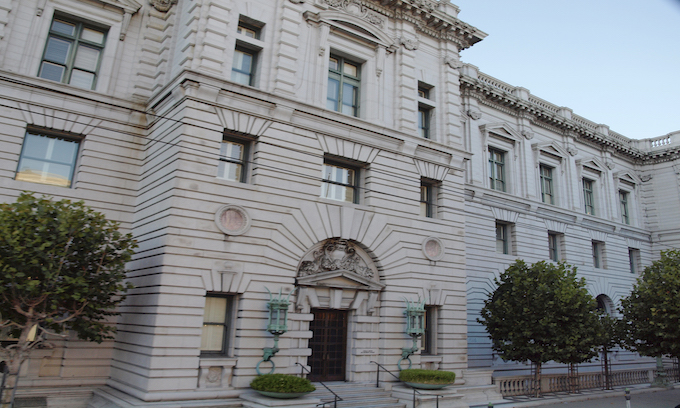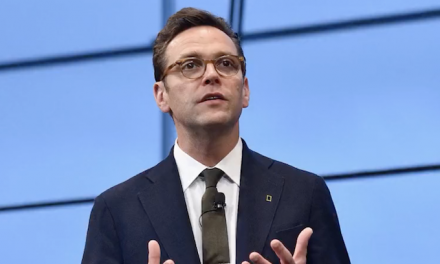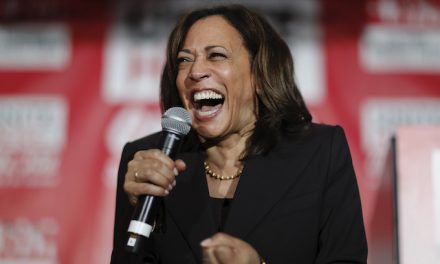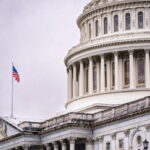Nearing the three-year mark of his first term, President Trump already has appointed a whopping 10 judges to the U.S. Court of Appeals for the 9th Circuit, giving a conservative makeover to the well-known liberal bench.
Mr. Trump is second only to President Clinton in the number of judicial appointments to the San Francisco-based appeals court, which is the largest federal circuit in the country.
Before Mr. Trump took office, Democrat-appointed judges had a plus-11 advantage over Republican-appointed judges on the circuit. But in the past three years, Mr. Trump has cut that lead by more than half.
“That is a dramatic, dramatic shift,” said Carrie Severino, chief counsel of the conservative Judicial Crisis Network.
The court covers a sprawling federal district that stretches down the West Coast from Alaska to California and includes Hawaii, Arizona, Idaho, Montana and Nevada.
Currently, the circuit has 16 Democrat-appointed and 13 Republican-appointed active judges. Including senior judges who get fewer cases, there’s a total of 25 Democrat-appointed and 24 GOP-appointed jurists.
The wider the gap between the political appointees, the more likely that the larger side will prevail when cases are heard via a panel of three judges selected at random.
The 9th Circuit’s majority still consists of Democratic appointees, who tend to apply a liberal interpretation of federal law. Republican-appointed jurists generally take an originalist approach to the Constitution.
“It just makes it statistically a lot more likely nowadays you have a chance,” Ms. Severino said, referring to conservative litigants.
The federal appeals court used to be the go-to court for Democrats and their allies to petition judges for nationwide injunctions against Mr. Trump’s policies and executive actions.
In recent months, however, the 9th Circuit has delivered rulings more favorable to the president. In July, the court refused to block the president’s family planning rules, which ban grant recipients from touting abortion services. Planned Parenthood was one of the abortion rights groups that had tried to block the regulations from going into effect.
That same month the usually reliably left-leaning court sided with Mr. Trump’s Justice Department in a suit brought by Los Angeles over the federal government prioritizing tax dollars for localities where law enforcement cooperate with federal immigration policies, thereby penalizing so-called sanctuary cities.
The court also lifted a nationwide injunction against the president’s asylum policy in September. The rule required migrants seeking asylum to wait in Mexico while their claims were processed.
The rulings suggest the “textbook Democratic strategy” of going to the 9th Circuit to block the president’s agenda is “suddenly” not working, Ms. Severino said.
“That type of an outcome would have been unheard of before Trump’s nominees,” she said. “The 9th Circuit was known where any liberal organization for cause could go for an easy win.”
Daniel Goldberg, legal director for the progressive Alliance for Justice, said the president is sending “extreme” nominees to the federal circuit court, noting the 9th Circuit has been one of Mr. Trump’s favorite punching bags.
“Any nominee to the 9th Circuit has to be looked at skeptically,” he said. “President Trump has made clear he wants a court that will rubber-stamp his ideological agenda.”
Mr. Goldberg accused Mr. Trump and Senate Majority Leader Mitch McConnell, Kentucky Republican, of eroding Senate rules and traditions to appoint judges they know “will be reliable votes to erode critical legal protections.”
Still, it likely will take years to fully evaluate whether Mr. Trump truly transformed the 9th Circuit, said Curt Levey, president of the Committee of Justice, which promotes constitutionalist positions on legal and policy issues.
He noted that most senior Republican-appointed judges aren’t as conservative as Mr. Trump’s picks because senators used to be able to block federal appeals court nominees.
Mr. Trump got help on that front from Republican chairmen of the Senate Judiciary Committee, which oversees the confirmation of judges.
The current chairman, Sen. Lindsey Graham of South Carolina, and the former chairman, Sen. Chuck Grassley of Iowa, both refused to allow Democratic senators to block circuit court picks in their home states with a unilateral veto, as was traditionally allowed. The move gave Mr. Trump opportunities to fill vacancies that had been open for years.
“We have an imported judge now coming into the 9th Circuit,” Sen. Dianne Feinstein, California Democrat, fumed when the Senate sent Mr. Trump’s pick of Washington lawyer Daniel Bress as a 9th Circuit judge in July.
Once the court does take more of a conservative bent, said Mr. Levy, it will be notable given its size for what has been dubbed the “9th Circus” by conservative litigants.
“There are just more people who are affected by it. There are a lot of businesses out in California and I think it will also be very impactful,” he said.
© Copyright (c) 2019 News World Communications, Inc.
—-
This content is published through a licensing agreement with Acquire Media using its NewsEdge technology.



















Recent Comments